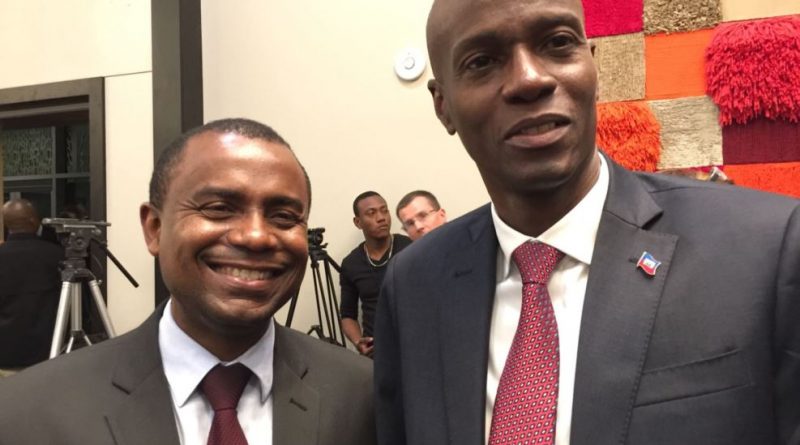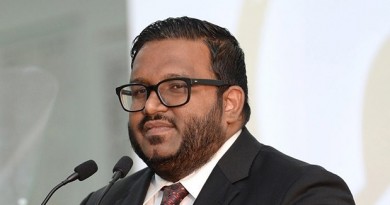Haiti Swears In New President
By Gabrielle Goldworm
Staff Writer
Haiti has finally sworn in a new president after over a year of political stalemate. President Jovenel Moise was sworn in as Haiti’s 58th president on February 7, inheriting a government that has been without a leader since early 2016. Moise fills a position left vacant by former president Michael Martelly who left office in February 2016, leaving former head of parliament Jocelerme Privert in charge as interim president.
At his inauguration, President Moise emphasized a message of hope and healing for a nation long ravaged by natural disasters, economic devastation, political corruption, and general unrest. The idea of unity in a time of strife was heavily emphasized, with Moise stating his intent to strengthen institutions, fight corruption, and bring back jobs and prosperity to the Haitian people. His uplifting declaration that “We can change Haiti if we work together” was reportedly met with applause, but many native Haitians have heard similar promises before and remain unconvinced.
History supports the Haitians’ caution. The developing nation has a long history of corrupt leaders and weak infrastructure that has failed repeatedly to provide stability. Since the United States ended their occupation of Haiti in 1934, the Haitian people have been allowed to hold free elections, but they have long been plagued by leaders who used the presidency to enrich themselves, and won a “suspiciously large” portion of the votes during the election.
From 1946 to 1986, Haiti was essentially under the control of a military dictatorship, and after the 1986 revolt, the country endured another 30 years of revolt and U.S. intervention. However, Moise isn’t exactly a classic Haitian politician or military strongman. The 46-year-old entrepreneur formerly dealt in the exportation of bananas, and has never held a public office, according to CNN report. He fits in with the recent spike in the trend of countries electing “outsider candidates.”
That is not to say that Moise is entirely without controversy or opposition. According to a BBC report, the president was questioned by a judge in Haiti who accused him of money laundering and receiving favorable loans before entering the political scene a mere one month prior to his swearing in ceremony.
The investigation, however, started in 2013 as part of a routine banking-regulation procedure and was not truly investigated with any intent until four opposition senators demanded the findings. Moise claimed it was an attempt to smear him. His three main rivals continue to contest the results of the case.
Even as far back as the first round of the preliminaries, Moise reportedly polled very well, but not so well as to be inherently suspected of fraud, coming in at 55.67 percent, well ahead of his closest competitor, Jude Celestin, who received 19.45 percent of the vote. This popularity maintained well into the following months, and Moise has now inherited the responsibilities and challenges of Haiti, of which there are many.
Haiti is still struggling to recover from the devastation brought on by Hurricane Matthew, and they still have not fully managed to recover from the 2010 earthquake that killed between 220,000 and 316,000 people and devastated the Caribbean nation’s infrastructure. Additionally, cholera has remained a major concern since 2010. According to a report by the World Bank, “Haiti remains the poorest country in the Americas and one of the poorest countries in the world.”


